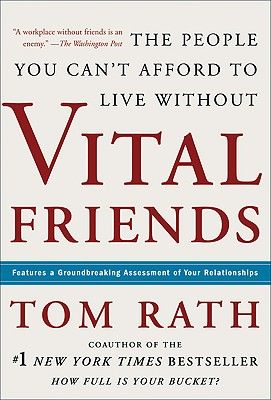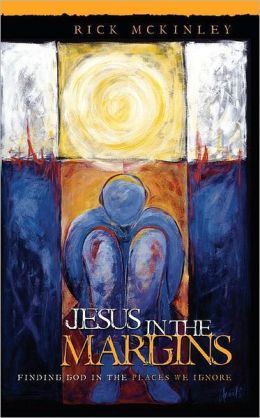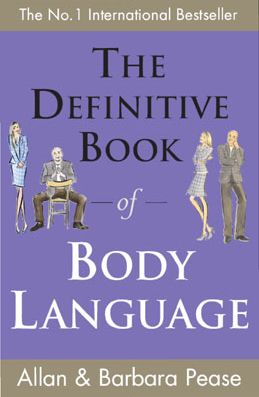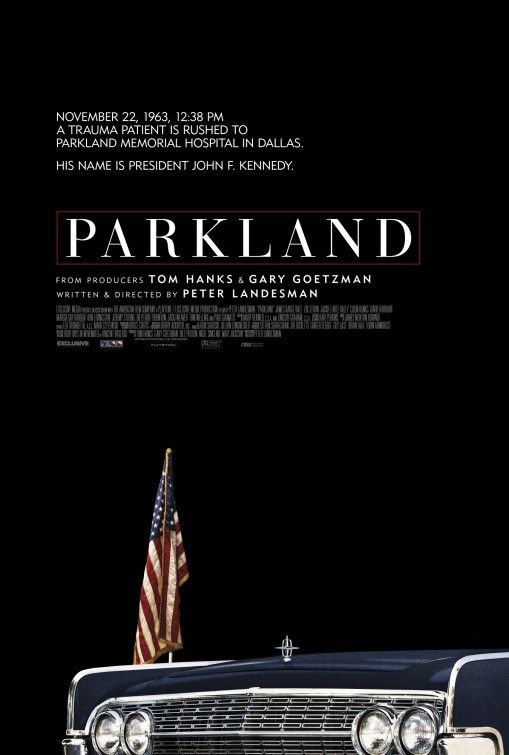Friday, March 11, 2005
An article on the Philippine Star about the movie, The Final Cut drew my attention to its interesting premise. In an alternate world a memory chip is implanted inside the head of an unborn fetus, the operation is simple and doesn't cause any damage to its surroundings. It grows with the brain so its virtually undetectable. It starts operating on the day you're born, recording every moment of your life until the day you die. Then grieving loved ones could then have those recorded memories taken to a Cutter and edited for later viewing.
Alan W. Hakman (Robin Williams) is the best Cutter in the business. There are a lot of them but he stands above the rest for his ability to edit the final movies, or Rememories, to bring out the way the dead would be honored best. He's sullen, emotionless, cold, distant, works alone, and very guarded. He reaches out to a select few, mostly his peers in the business although he has opened a small crack his heart to a former client, Delila (Mira Sorvino). Though their story isn't told in the movie, Delila was a former client who engaged his services to edit a rememory of her deceased ex-boyfriend and though she does care for Alan his guarded stance kept the relationship from growing deeper. His problem is rooted on a tragedy that happened at the age of ten during a trip with his parents to a small town. There he met a kid named Louis Hunt (Liam Ranger) who befriended him but on one of their forays inside an abandoned mill, an accident happened leaving him to believe that he had caused the loss of one life. This incident he kept replaying in his mind until he's left with nothing but a shell of his former self.
Soon after he finished with one client, a new deal was being offered to him. The president of the company that makes those memory chips has died and the family is looking for a Cutter that could do him justice. His fellow cutters rallies him to take the job but while he was deliberating it, an old colleague, Fletcher (Jim Caviezel), enters the picture and offers him a huge amount of money in exchange for the chip. Disturbed by Fletcher's sudden appearance and interest with the deal, Alan went on ahead and took it. In the midst of editing he discovered two things: first the damning evidence critics of the memory chip would be interested in and second, a ghost from his past. The image of what seems to be an adult Louis Hunt (Peter Hall) talking with the deceased man in one party. Could it be that the person he killed wasn't dead? Was this a clever impostor who has somehow manged to manipulate a series of events knowing that this particular scene would play before his intended victim? Or is this a ghost out for revenge after all these years? I'll leave out what happens next, that's your cue to catch the movie while it's still being shown.
While I do like the premise of this movie I have to say that the ending sucked big time. Reminds of the first carbonated water that I drank. It builds up the ante when you first taste it, the fizzy feeling on your tongue seems to promises a lot more only to leave you hanging in the end. I can't of any other suitable metaphors but I hope you do get what I'm talking about. The storytelling is almost non-linear and there are a lot of implied things, things that are left for the audience to figure out while trying to catch up with the complicated labyrinth of the story. Well not really that complicated but it's important for you to hang on to every word that's said. The premise of having your life literally recorded through your eyes is something I want for myself. The possibilities of watching your life on the screen would render literary biographies a thing of the past. Why settle on reading when you can watch it all unfold on the big screen? The downside to this is that you can't view your own rememory while you're still alive without the danger of frying your synapses in the process of doing so. Memories are such fickle things. While some people are content to let these fade, others would give up everything to hold on to these. Or are these people in the latter group romanticizing the past? Are much of what we hold on to with sentimentality products of the subjective or objective part of the brain? For the most part the former holds the key and in this instance we have both taken the role of both the Cutter and their client. To expound on this matter would take another long explanation and that is something I don't have the time for. I may or may not recommend that you watch this movie based on its merits. In fact I'm torn between pushing you towards the mall to watch this movie and pulling against you against shelling your hard earned cash for the tickets. But just in case you already did watch this movie, then please tell me your experiences while viewing it, whether it would be something you'd rather fade away or hold on to.

 @ 11:38 PM --->
@ 11:38 PM ---> 














